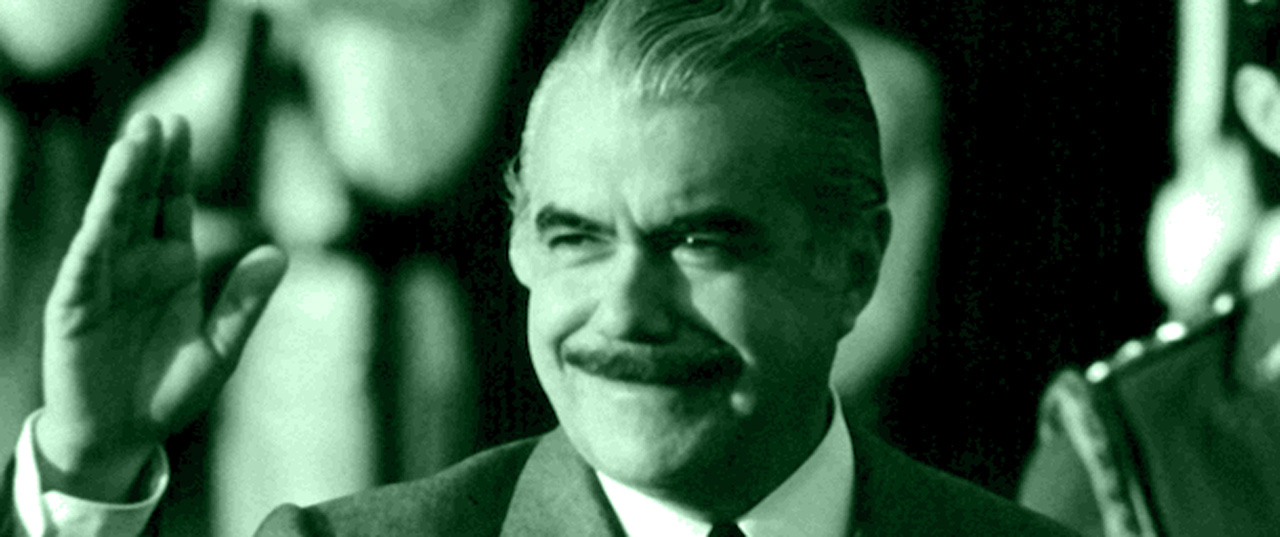Partido do Movimento Democrático Brasileiro (PMDB formerly MDB) is Brasil’s largest political party, who control Congress & Senate and are currently in coalition with Dilma Rousseff’s PT. PMDB keep a curiously low profile, have not fielded a presidential candidate for 12 years, are absent from much public debate, unreported abroad, yet hold the vice-presidency, key ministries, and thus policy makers to ransom on many issues. It is widely considered to be “opposition within government”.
Regarded as a broad-church ideologically, but in practice conservative & technocratic, they occupy a base of power that was gerrymandered during Brazil’s military rule, ironically, because of MDB’s own success in the 1974 elections. Despite being the permitted opposition, they achieved success at the ballots far beyond what the regime could tolerate, and as a result, in the final decade of dictatorship, electoral boundaries were shifted to create an intransigent bloc to favour their party, Aliança Renovadora Nacional (ARENA). This is the space which PMDB itself went on to occupy. Many key ARENA figures, such as José Sarney and his powerful family interests, moved over to PMDB during transition to direct democracy & creation of new parties like PT & PSDB, whilst other ARENA politicians remained in what would eventually become DEM.
Having campaigned for return to direct democracy, and participated in every government since transition in 1985 (with it eventually arriving in 1989), some older generations consider PMDB a benign stabilising influence, (their slogan is simply “The party of Brasil”), others see it a corrupt dictatorship-era relic, stifling vital reform.
The political landscape in Brasília is dominated by the incumbent PT & social democrats PSDB, formed by one of the original founders of PMDB, Fernando Henrique Cardoso, who served as president from 1994-2002. These fierce rivals are joined by a myriad of smaller parties, in coalition & opposition, such as far-left PSOL, itself a breakaway from PT, christian PSC & green PV making up the houses. Then we get to the elephant in the room, PMDB. Their sheer size and reach has made it near impossible for any single party to govern without entering into coalition with them, which in turn results in massive concessions to their vested interests: ruralists, telcos, and so on.
In the 1990s, the early incarnation of PSDB was considered centre-left before embracing Clinton/Blair third-way neo-liberalism, and some at the time even mooted a now unthinkable coalition with PT in order to extract PMDB from Brasil’s complex cocktail of power.
However, in an echo of this, defeated PSB presidential candidate, Marina Silva intimated that she would seek to form a coalition with PT and PSDB should she win, thereby kicking the traditional conservative base of PMDB into opposition, which would theoretically enable a wider programme for reform. PMDB however were reportedly unafraid, calculating that with Silva’s PSB so short on numbers in Congress, that they would be more needed & powerful than ever.
Those who actively wanted to see the back of PMDB in the name of progress were evidently uncomfortable with such a socially conservative (Evangelical) candidate, backed by a bank who allegedly owe the treasury R$18bn in taxes, delivering that outcome. Meanwhile simply trading powerful family dynasties would be scant reward for those working towards genuine reform of Brazilian politics, which is nevertheless unlikely to come to pass unless dusty old PMDB is pushed out to the margins.
[qpp]

